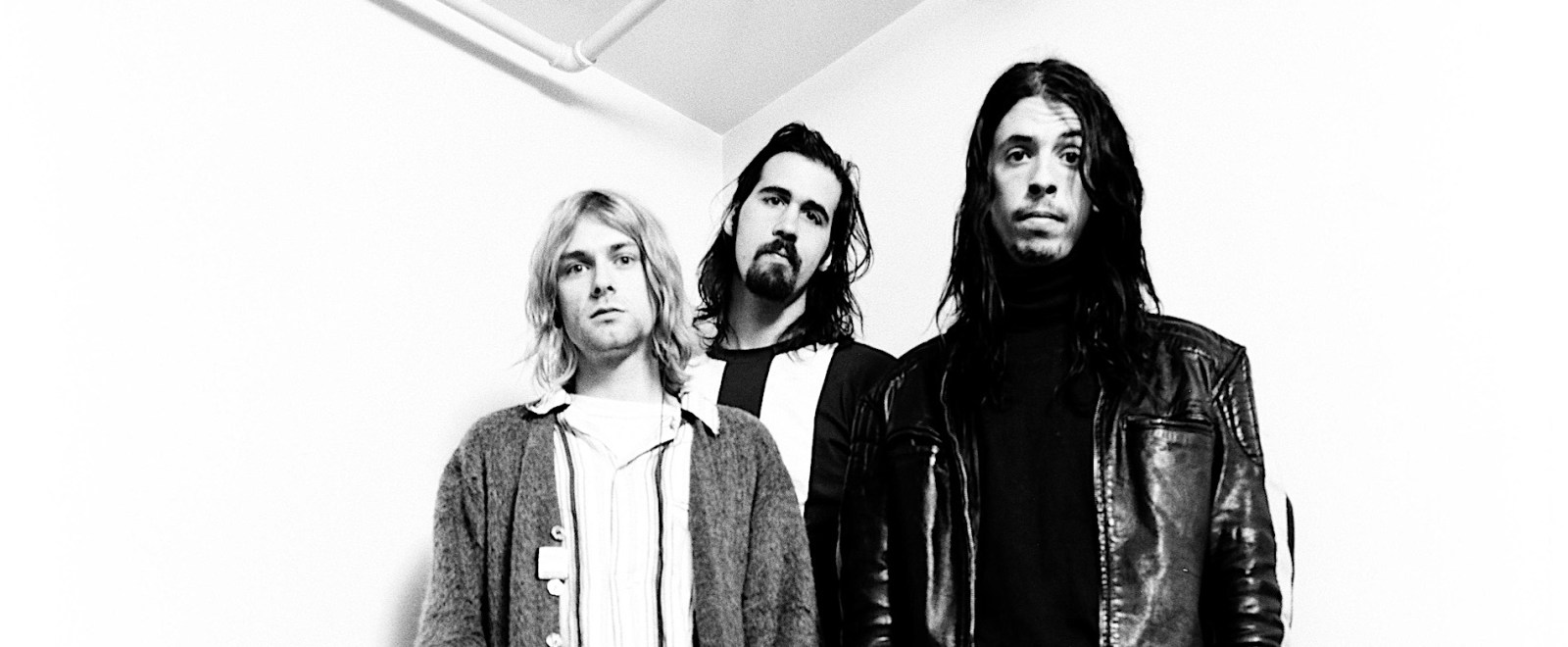Dave Grohl famously has the uncommon distinction of being in two era-defining bands: Nirvana and Foo Fighters. Naturally, there were differences between the groups, one of which Grohl has pinpointed in a new interview.
Speaking with The Big Issue, Grohl described Nirvana as being more dysfunctional than Foo Fighters, saying:
“Of course we loved each other. We were friends. But, you know, there was a dysfunction in Nirvana that a band like Foo Fighters doesn’t have. You also have to realize, from the time I joined Nirvana to the time it was over was only about four years. It wasn’t a long period of time. Was I [as] close to Kurt [Cobain] as I am to Taylor Hawkins? No.”
He went on to say, though, that the music brought Nirvana’s chemistry to a new level: “When I see Krist now, I hug him like family. But back then we were young, the world was just so strange. But that emotional dysfunction in Nirvana was relieved when we put on instruments. If the music hadn’t worked, we wouldn’t have been there together. I truly believe that there’s some people you can only communicate with musically. And sometimes that’s an even greater, deeper communication. There are people that I might feel a little awkward talking to but once we strap on instruments, it’s like they’re the love of my life.”
He also revealed that he almost never played music again post-Nirvana, saying, “There was a particular trauma after the end of Nirvana that lasted for a while, but, you know, I think that love of music I had when I was a child eclipsed everything, and I realized that music was going to be the thing that would write me out of that depression. For a while there, I wasn’t sure if I ever wanted to play music again. But it came back. And thankfully, just as I had hoped, it healed me. To me, music has always been about life. It was the thing I most loved about life, more than anything else. After Nirvana, I needed it to keep me alive, and it’s the reason why I never stopped.”
Check out the full interview here.







